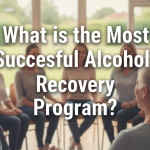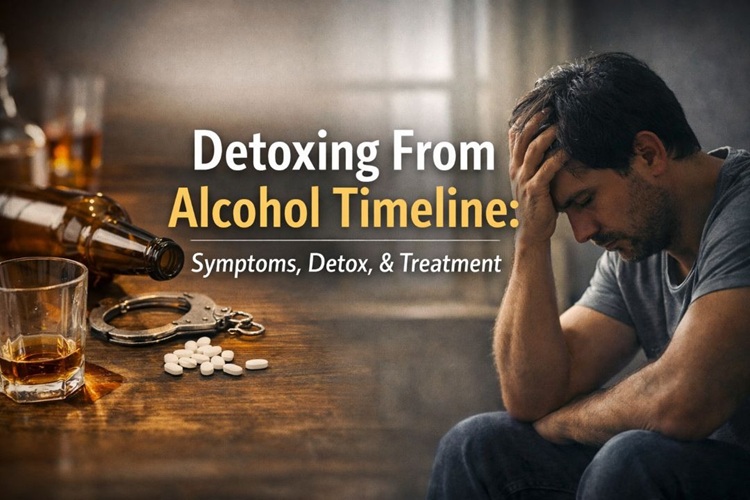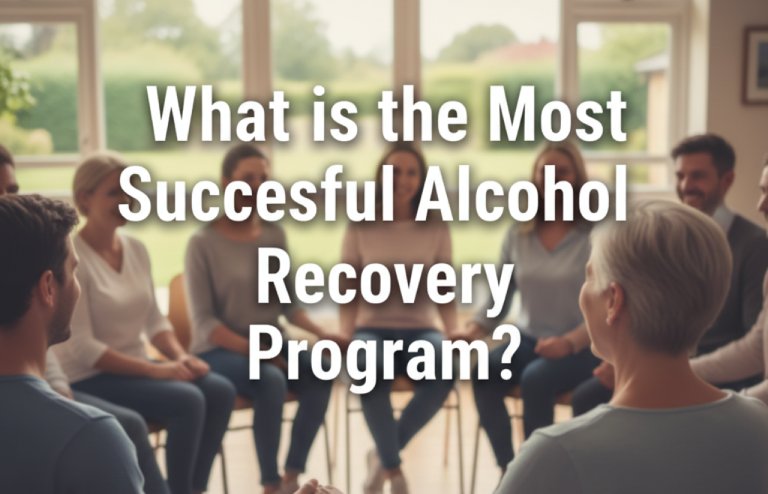Millions of people in the United States live with substance use disorder (SUD). Untreated SUD can lead
Addiction is a complex condition that affects every part of a person’s life. People living with addiction require comprehensive treatment and compassionate, ongoing support to sustain their recoveries.
This article will explore two levels of addiction treatment: inpatient rehab and partial hospitalization programs (PHP). You will learn:
- What to expect during inpatient rehab programs
- What happens in a partial hospitalization program
- How to know if PHP or inpatient treatment is right for you
- Where to find addiction treatment and recovery support
If you or someone you love lives with SUD, you are not alone. Contact the intake team at Solutions Healthcare to learn about our programs or to schedule an intake appointment.
Inpatient Rehab: An Overview
Inpatient or residential programs are the most intensive form of addiction treatment. These programs provide the highest level of supervision, treatment, and care to people with addiction.
Inpatient rehab occurs in a secure setting. Patients live in the treatment facility and receive round-the-clock supervision and treatment.
An inpatient program offers intensive treatment every day per week. People in residential programs attend counseling and medication management sessions most or all days. They develop coping skills that will eventually allow them to return home and participate in daily life without relapsing.
Here is an overview of what to expect during inpatient rehab programs.
Detox
Many people participate in a medically-supported detox program. This may include:
- Medications to manage withdrawal symptoms
- 24/7 supervision and access to treatment
- Emotional support, including individual counseling and group therapy
- Holistic therapies to soothe the mind and body, including nutrition support, mindfulness, and yoga
- A detox program provides the medical and emotional support people need to navigate detox safely.
Treatment
After completing detox, people continue comprehensive treatment. Treatment plans may include:
- Behavioral therapies
- Medication management sessions
- Relapse prevention education
- Support groups
- Individual and family therapy
- Holistic therapies, including art therapy, mindfulness, exercise, and more
- Aftercare planning
Depending on their needs, people may spend days, weeks, or months in treatment. Mental health and medical professionals will assess each person’s progress and adjust their treatment plans as needed.
Inpatient rehab programs provide intensive support that can help people work toward lifelong recovery from addiction. It focuses on helping people address the physical, behavioral, and psychological aspects of substance abuse.
Partial Hospitalization Programs (PHP): An Overview
Partial hospitalization programs (PHP) offer the most intensive level of outpatient addiction treatment. Some people call PHPs “day treatment programs” because people attend treatment several hours per day, all or most days of the week.
In total, PHP participants may spend up to 30 hours a week engaging in treatment activities. A PHP treatment plan may include:
- Individual therapy
- Medical assessment and treatment
- Mental health treatment
- Group therapy
- Family therapy
- Relapse prevention education
- Coping skills
- Exercise, mindfulness, nutrition support, and other holistic therapies
The rigorous schedule of a PHP may require people to take a leave of absence from work or school. However, people in a PHP can continue to remain connected to their support networks, including friends and family, while receiving treatment.
100% Confidential Support is Available 24/7
No matter what you’re going through, you’re not alone. Our dedicated team is here to provide a safe, judgment-free space where you can talk openly and honestly. Whether you need emotional support, resources, or just someone to listen.
We’re here for you—completely confidential and always respectful of your privacy. Call us today!
Inpatient Rehab vs Partial Hospitalization: Which is Right For Me?
Before beginning treatment, you must consult a doctor or addiction specialist to determine if inpatient or PHP is right for you. A professional will conduct an assessment that includes:
- Information about your past and current substance use
- A complete mental health and medical history
- Family history of SUD and mental health conditions
- A physical exam
- Lab testing
Residential treatment programs may be beneficial to people in the earliest stages of addiction recovery. Inpatient treatment options may also be best for people who:
- Have severe substance use disorders
- Require constant supervision and treatment during detox
- Do not have safe or stable housing
- Have an increased risk for complications during detox
- Experience intense cravings
- Have a history or relapse in outpatient programs
A PHP can benefit people who require a high level of care but do not meet the criteria for inpatient admission, including:
- People who are medically stable
- Those who do not experience intense or persistent cravings
- People who have consistent support from family or friends in the community
- People who need intensive treatment to avoid relapse
PHPs provide valuable structure, support, education, and treatment that can help people maintain sobriety and work toward lifelong recovery outside of a hospital setting.
There are several types of outpatient addiction treatment programming. Your doctor or addiction specialist will determine if a PHP, intensive outpatient program (IOP), or inpatient program is right for you.
Contact Solutions Healthcare
Battling with Drug and Alcohol Addition? Remember, you are not alone and we are here to help you!
Find Treatment Now
If you or someone you love struggles with substance abuse or addiction, you must seek treatment as soon as possible. Reach out to the specialists at Solutions Healthcare. Contact our intake team to learn about our programs or to schedule an intake appointment.




















